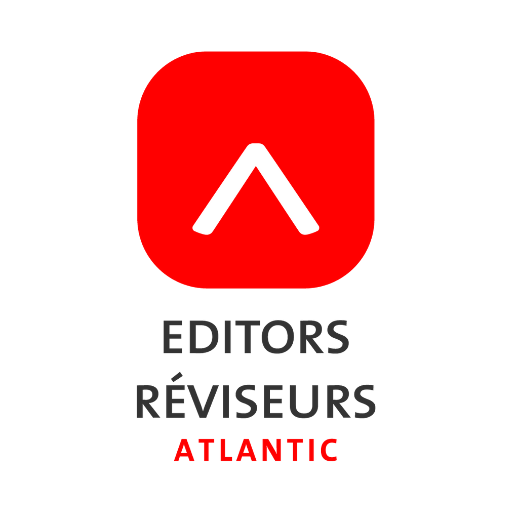Compelling communication gets results, and plain language helps writers reach readers. Editors who edit information (as opposed to literary fiction or poetry) can better serve your writer and their readers if you understand how plain language improves writing.
“A communication is in plain language if its wording, structure, and design are so clear that the intended audience can easily find what they need, understand what they find, and use that information.” This definition comes from an international standard for plain language. And this clarity is crucial today, when readers read on phones and other screens, have short attention spans (and possibly low motivation), and are bombarded with content.
The audience and the writer’s purpose should guide your decisions when editing a text for plain language. If you can describe these two things clearly, you can then apply good writing and editing principles to keep readers reading. So plain language is a relatively easy adaptation for editors to make.
Why plain language works
- Busy people: No one has time for confusing messages. They need information they can understand quickly.
- Scanning over reading: Readers prefer to skim than to read in-depth. If your message is unclear, it’ll get lost.
- Cross-industry and global audience: Your readers may not be experts in your field or your sector; they may use your language as a second language. Plain language makes your message accessible to a wider group of readers.
- Brain science: Researchers in neuroscience, psycholinguistics, legal writing and ophthalmology (!) have studied plain language writing principles and found that they work with readers of all kinds.
How plain language helps readers and writers
- Saves time and money: Clear, actionable language leads to faster decision-making and action-taking.
- Reduces errors: Less ambiguity means fewer misunderstandings.
- Expands reach: With many non-native English speakers in the market, plain language ensures broader understanding.
- Builds trust: Simple, direct communication enhances brand credibility and reliability.
* Nicole Watkins Campbell is a freelance editor and plain language consultant. She edits public
legal and financial information (including apps!). She also trains editors and writers to improve
legal, government, and technical writing.
During 30 years with the Nova Scotia government, she worked to make communication clear
and effective for all Nova Scotians.
